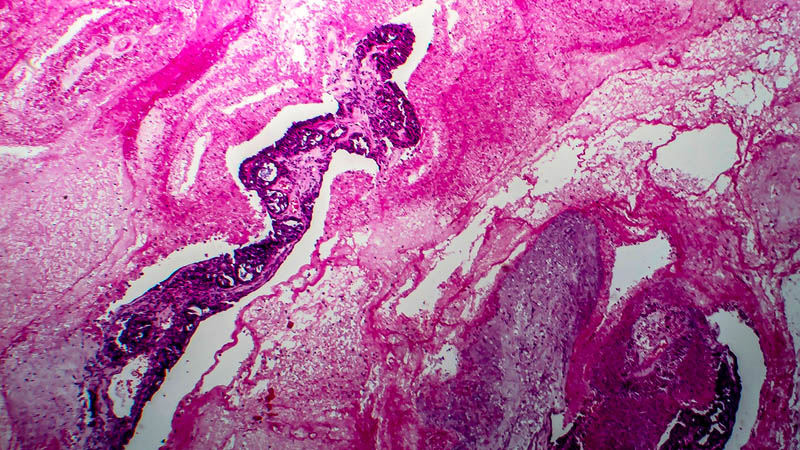The value of gynecologic cancer follow-up: single institution experience in Slovakia
Erik Lajtman, Miloš Mlynček, Mária Zajacová
 Affiliacja i adres do korespondencji
Affiliacja i adres do korespondencjiBackground: A routine follow-up is standard medical practice in patients treated for gynecologic cancer. Objectives of the follow-up are: 1) to detect recurrence as soon as possible and therefore improve the survival of patients with recurrence; 2) to diagnose complications related to treatment; 3) to provide psychological support and 4) to participate in scientific studies. The aim of our study was to compare the survival differences between asymptomatic and symptomatic patients at the time of relapse. Method: Retrospective cohort analysis. Results: All women diagnosed and treated for vulvar, cervical, endometrial and ovarian cancer at our institution between 2003 and 2012 were included in this retrospective study. We identified 59 patients with vulvar cancer, 216 with cervical cancer, 311 with endometrial cancer and 177 with ovarian cancer. The median survival time after recurrence between symptomatic and asymptomatic patients was in vulvar cancer 22 vs. 27 months (p = 0.181), in cervical cancer 10 vs. 13 months (p = 0.123), in endometrial cancer 19 vs. 30 months (p = 0.265) and in ovarian cancer 19 vs. 18 months (p = 0.861). Conclusions: There was no survival difference between asymptomatic and symptomatic patients at the time of relapse. Follow-up may become effective if the procedures are adapted to other aims of routine practice (e.g. psychosocial care and monitoring adverse effects of treatment). The development of follow-up care is a dynamic process, especially in the light of the continuous development of new medical technologies.









